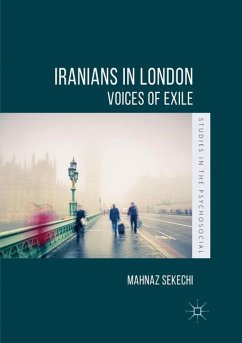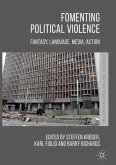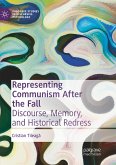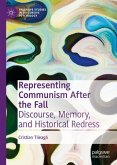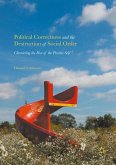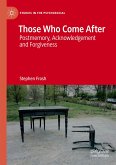This book explores the psychosocial significance of loss and exclusion in the lives of many Iranian immigrants living in London since the Iranian revolution of 1979. It addresses the experiences of middle-class Iranians who left Iran in both 'voluntary' contexts (immigration) and in 'enforced' contexts (exile). The author elucidates the experiences of 'ordinary' middle-class Iranians who chose to leave Iran given the socio-politico-cultural context of the changes wrought by the Islamic Republic in Iranian society. Mahnaz Sekechi argues that losses of country, liberty and security in Iran combined with varying degrees of social exclusion and downward mobility in London have led to an encapsulated sadness for many, despite their capacity for creative living. The book also demonstrates the value of psychosocial analysis in understanding dislocations in general and their effects on wellbeing.

